As Bangladesh heads toward crucial February elections, the interim government led by Muhammad Yunus is facing intensifying scrutiny amid evidence that extrajudicial killings and a culture of impunity persist — raising fears that the hopes born after Sheikh Hasina’s dramatic ouster have begun to fade.
According to Aljazeera report, citing a report by the Bangladeshi rights group Odhikar, while the number of killings has fallen sharply, the system of impunity that allowed such abuses to flourish remains largely intact.
When Hasina was removed in August 2024 after a student-led uprising, many Bangladeshis believed the era of enforced disappearances and killings was over. The Yunus administration, sworn in on 8 August, promised justice and deep reform. But latest findings cast doubt on whether that transition has truly begun.
According to the rights group, at least 40 people were victims of extrajudicial killings between August 2024 and September 2025 — deaths by shooting, torture in custody or severe beatings. The victims included political activists and people detained without warrants.
“We are seeing a gradual increase in the number of extrajudicial killings, which is not what we expected,” Aljazeera quoted rights defender Nur Khan Liton as saying.
Despite Yunus’s pledge to build a “Bangladesh free from fear,” rights groups say the same security agencies — the police, paramilitary RAB and intelligence units — continue to operate without significant reform or independent oversight.
Quick Reads
View AllAlarming cases
Some cases have been especially alarming.
BNP youth leader Asif Shikdar died hours after his arrest in July; his death certificate stated only “unconscious on arrival.”
In another incident, Towhidul Islam, also a BNP youth wing leader, was detained by plainclothes forces on 31 January and later declared dead, with doctors noting visible torture marks.
After uproar, the army pledged accountability. Lieutenant Colonel Sami Ud Dowla Chowdhury confirmed that “a total of seven individuals were recommended for appropriate administrative actions,” adding that “disciplinary actions were taken … ranging from dismissal from service to other appropriate actions.”
Odhikar’s data shows worrying trends: an average of three extrajudicial killings per month, and 11 in the July–September quarter alone.
The report categorises 19 victims as shot dead in “crossfire,” 14 killed under torture and seven beaten to death in custody. Many cases involve warrantless arrests, denial of due process and no credible investigation.
Odhikar’s Taskin Fahmina called the pattern “worrying but not entirely surprising, considering the institutional legacy.”
She added, “Significantly, the number has come down compared to the previous regime … but we must remember that those now serving in the security forces carry the legacy of the old system.”
Although enforced disappearances have not been documented under Yunus, the legacy of past abuses looms large. The Commission of Inquiry on Enforced Disappearances (COIED) has so far recorded 1,752 cases under Hasina’s rule. Many were held in secret detention, 330 remain missing. Trials remain uncertain even as Bangladesh’s International Crimes Tribunal has issued arrest warrants for 30 people, including Hasina and 25 military officers, reported Aljazeera.
A verdict against Hasina — who faces charges of crimes against humanity — is due Monday.
BNP leader Amir Khasru Mahmud Chowdhury warned of a deeper structural crisis, saying, “There is no elected watchdog or people’s representative in place. Without political authority and legitimacy … [law enforcers] act on their own.”
Yunus has since announced that a referendum on wider democratic reforms will be held alongside February’s election.
The path forward, analysts say, depends on whether the next elected government confronts entrenched impunity.
“The real test will come when a political government returns – whether it chooses to continue reforms or repeat the same mistakes,” said Fahmina.
With inputs from agencies


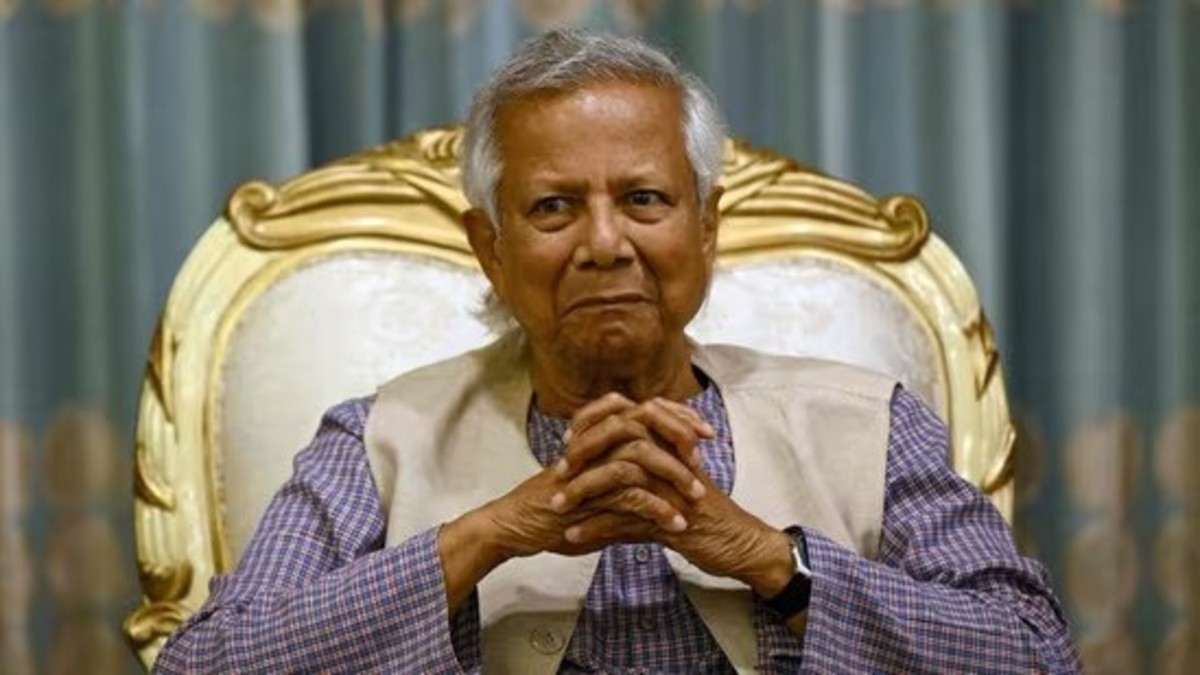)
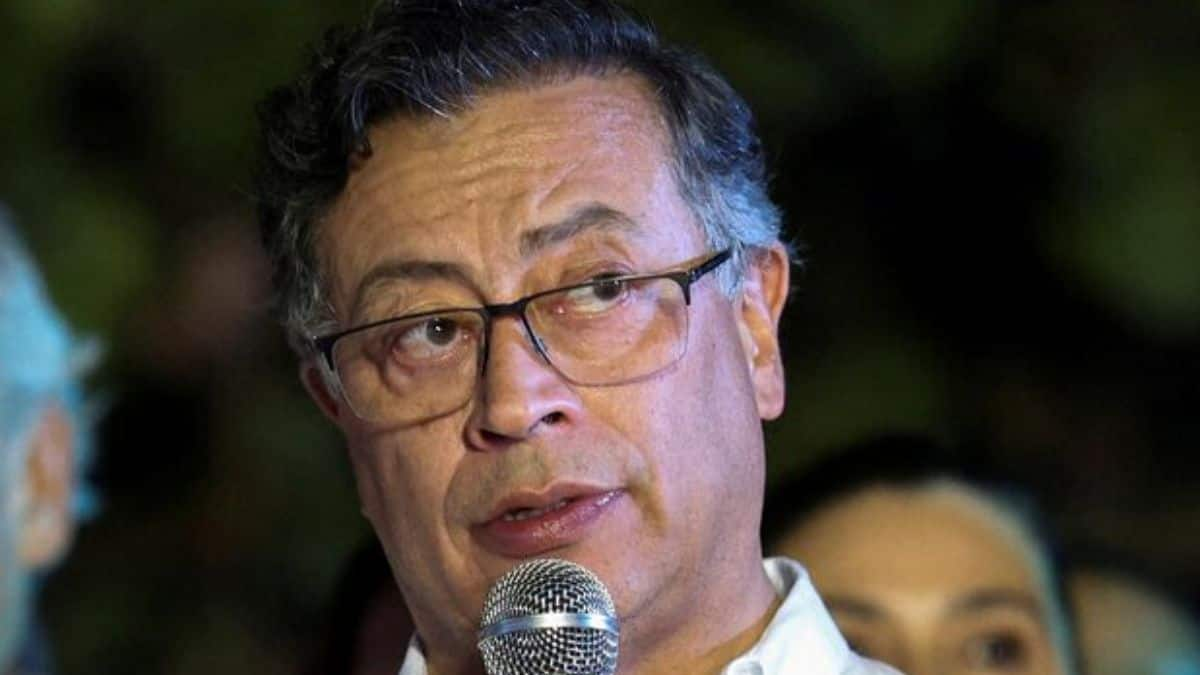
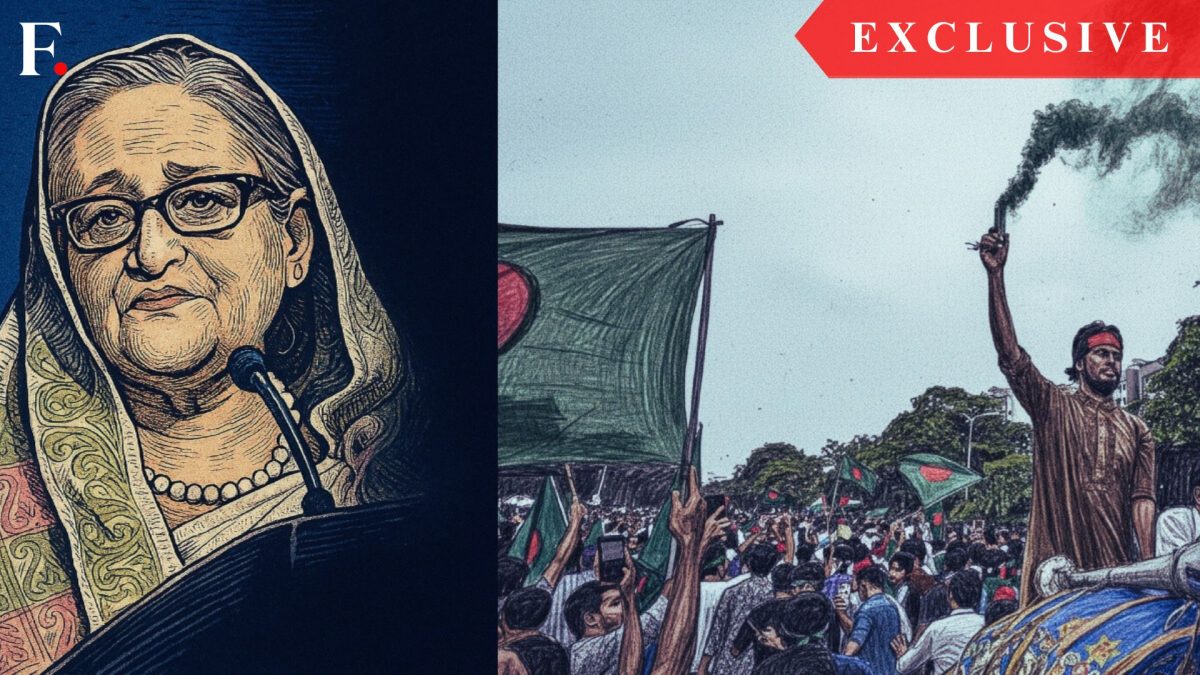)
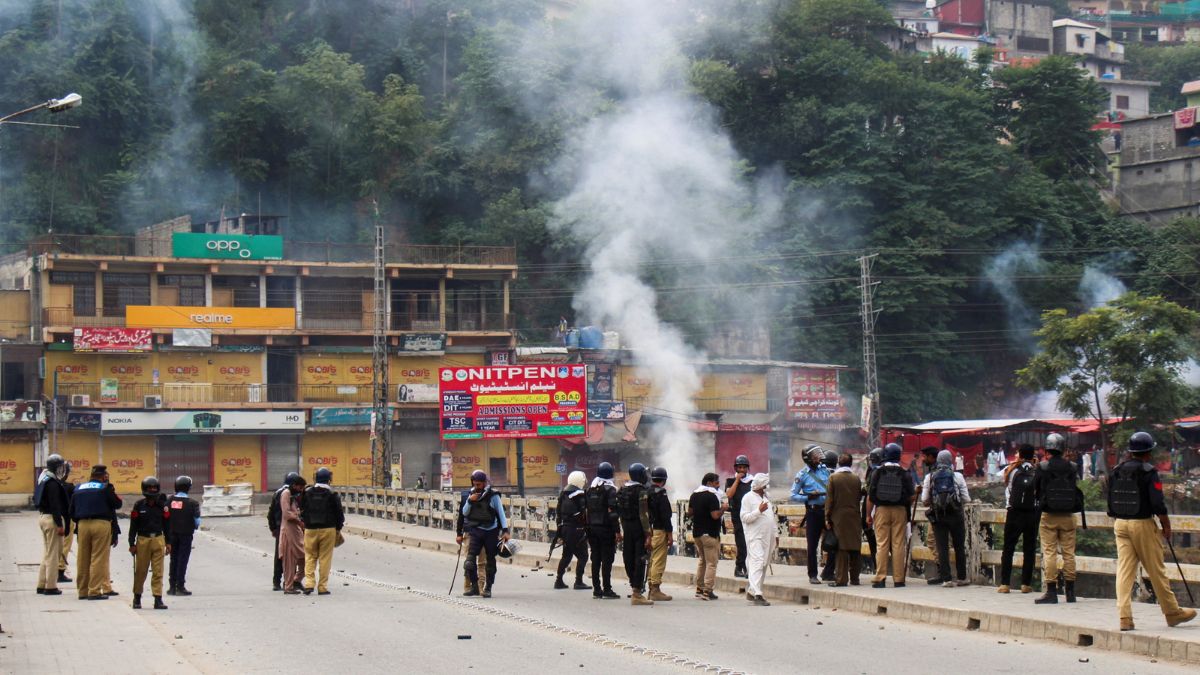)
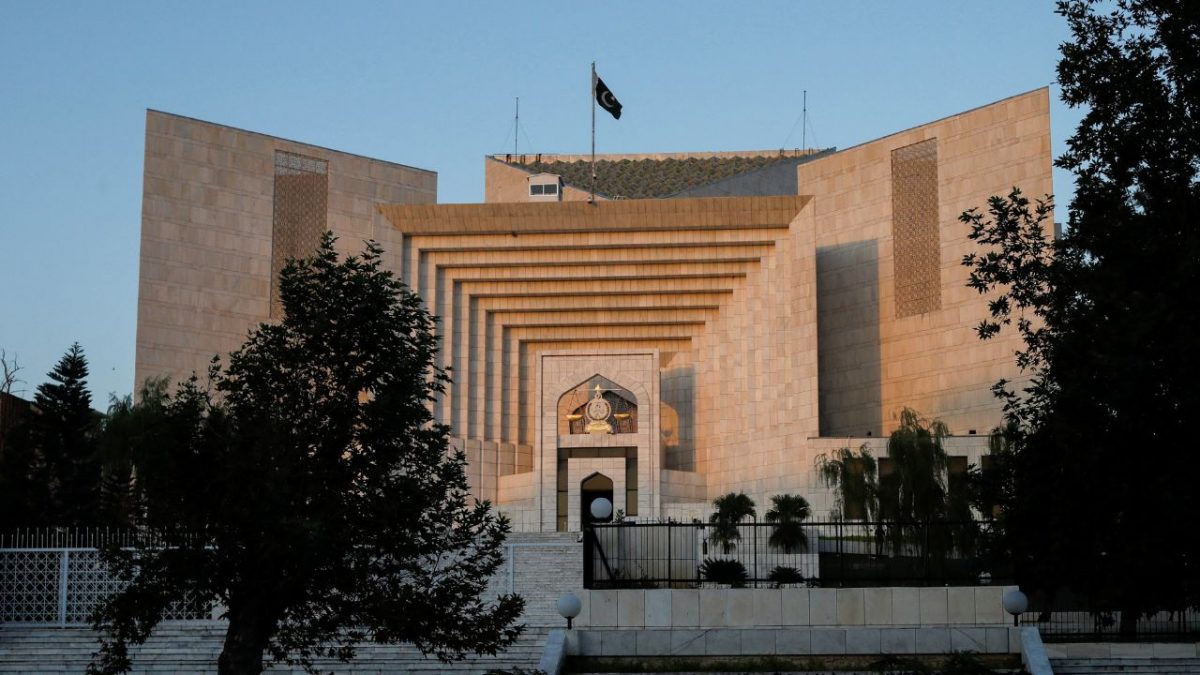)
)
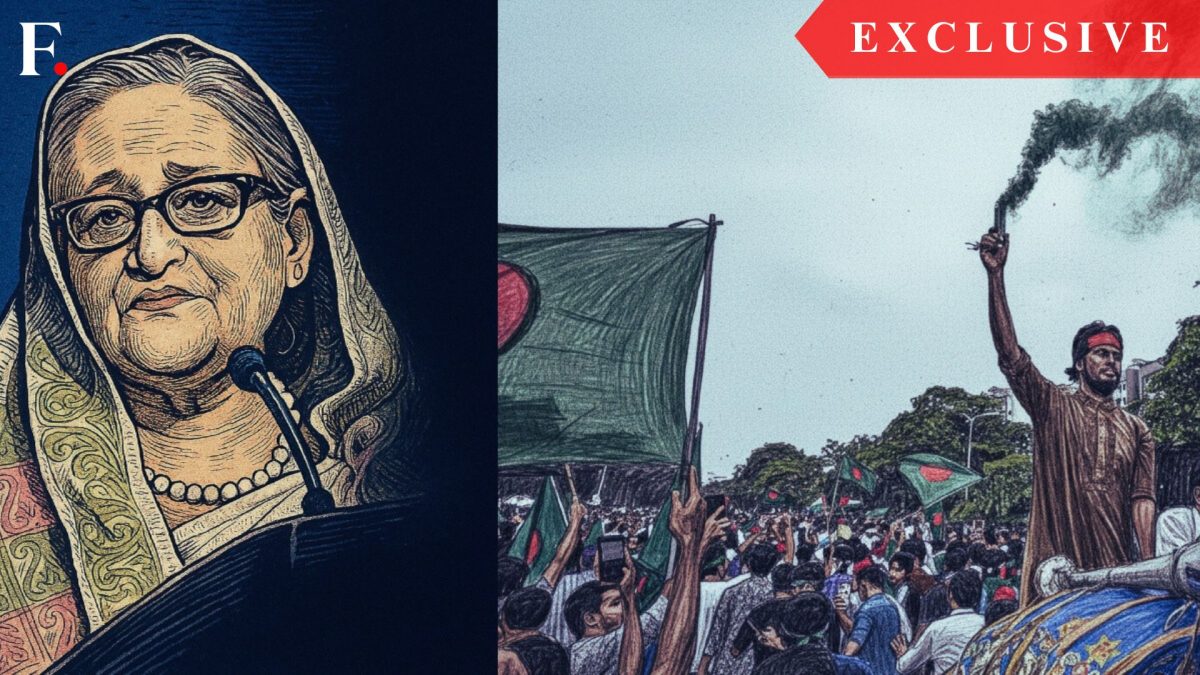)
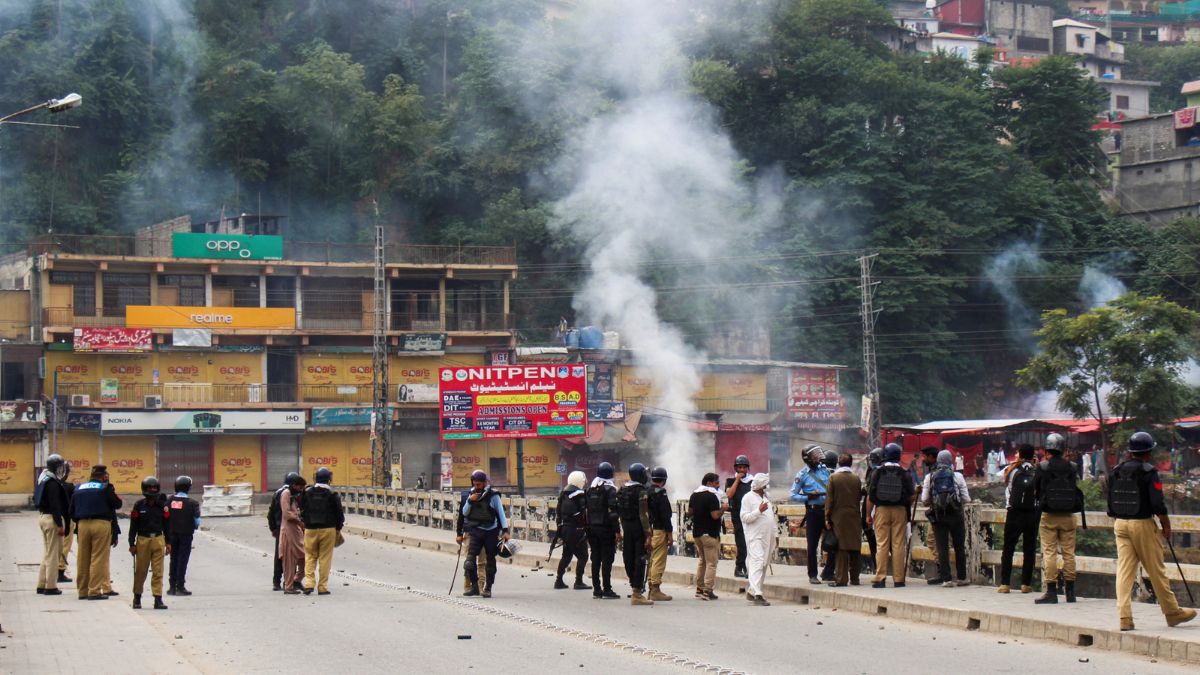)
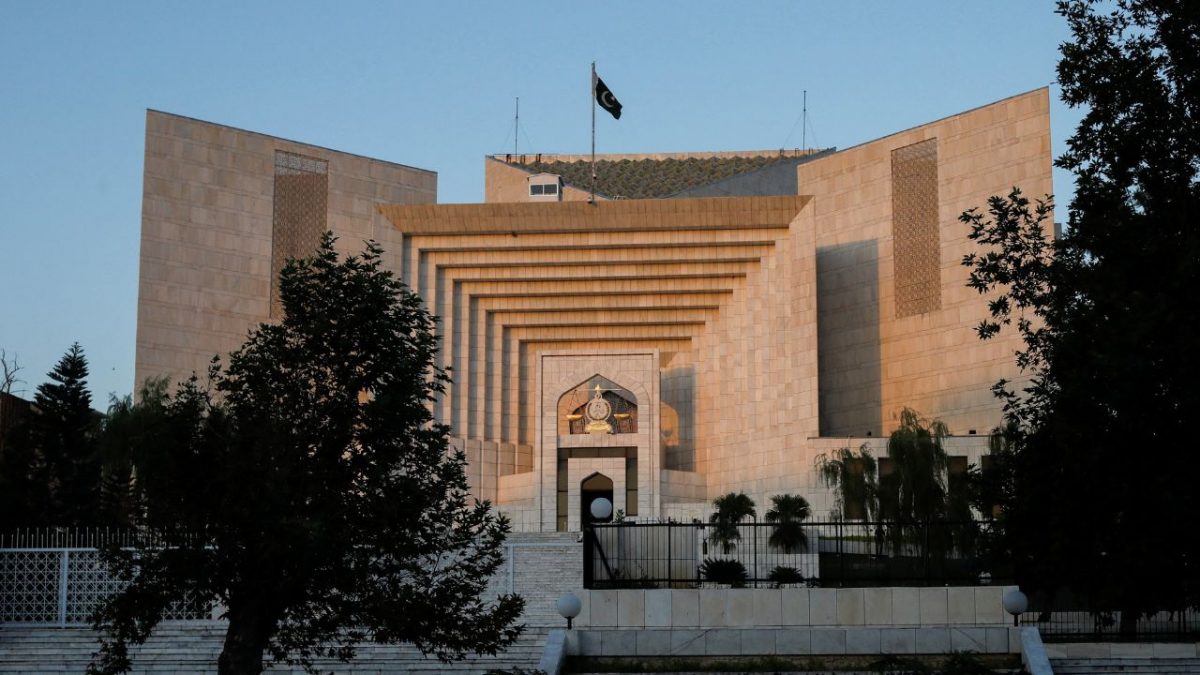)
)



